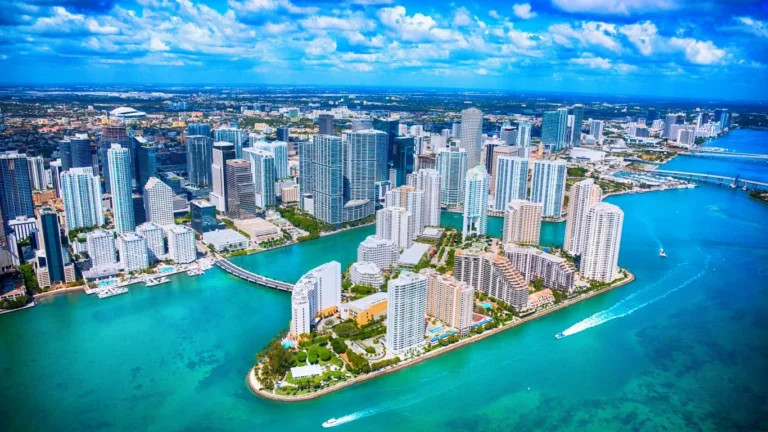Finding New Homes For Over 3 Billion People

The math is as simple as it is deeply depressing. For the opening of COP28 UN Climate Change Conference, the polling company Ipsos has released a report titled “Global Views of Climate Change,” which covers the effects of the growing severity of weather on people by country. This report includes the point people believe they must relocate due to climate catastrophes. Thirty-eight percent of those asked said that “it is likely” they will need to leave where they are living within the next 25 years because of catastrophic climate changes. Based on conservative estimates, the world’s population will be 9 billion people by then. Where will the 3.8 people who think they will need to relocate go? The answer is most won’t have an option.
The number of people who say that severe climate change has affected their lives already is even higher. “A majority (57%) across 31 countries have already witnessed a severe impact of climate change where they live. For countries like Mexico, Brazil, and Türkiye, this figure is as high as eight in ten,” the authors wrote. The Ipsos poll covered 24,220 people in 31 countries who were over 18. People were interviewed for this poll from September 22 to October 6,
Many people who say they are likely to have to move are those who live in the largest countries by population. This includes India at 57% compared to the global average of 38%. It also includes Indonesia at 51% and China at 46%. India and China each have a population of approximately 1.4 billion people.
In an ideal world, which will not exist when climate-driven migration accelerates, the places where people would relocate are the ones with relatively lower scores for the “severe impact” of climate. These include the UK, Ireland, The Netherlands, Sweden, and the US. This says a great deal since so much of the US has witnessed jumps in drought, hurricanes, extreme temperatures, and flooding. Even the US will be considered a safer option for the people living in the worst climate change-plagued nations.
The subject of climate refugees has come up repeatedly over the last several years as some parts of the world are barely habitable by humans. Much discussion has occurred about the financial costs of relocation. An even larger issue is the determination of countries in habitable regions to prevent climate refugees from crossing their borders. Of course, this may lead to military intervention.
The Migration Policy Institute coined the phrase “trapped in place.” It refers to “people who need and want to move but cannot.”: Some of these need to migrate because of extreme poverty, others due to health pandemics, and still others due to climate change. The one thing they all share is that they can’t relocate.
Over three billion people need to relocate in the next three decades due to climate change. The more serious issue is that even if this number is smaller, what happens if almost none of them can move?
More from ClimateCrisis 247
- Phoenix Posts 13 Days Over 110 Degrees
- Florida Homeowners Face Drastic Home Price Cuts
- Tampa Real Estate Continues To Fall As Miami Softens
- Climate In A Bottle






